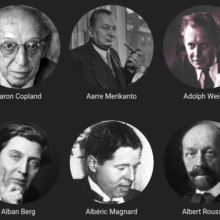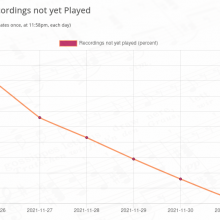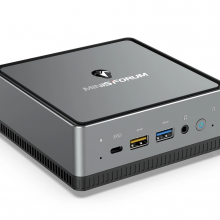An autopilot, says Wikipedia, is a system used to control the path of an aircraft, car, marine craft or spacecraft without requiring constant manual control by a human operator. Autopilots do not replace human operators. Instead, the autopilot assists the operator's control of the vehicle, allowing the operator to focus on broader aspects of operations (for example, monitoring the trajectory, weather and on-board systems).
In that spirit, I've long wanted to produce 'autopilot full scores': that is, full scores of orchestral or choral works which have controls that allow swift and accurate navigation by the reader through the score, without requiring constant manual (and maniacal) page-turning whenever a repeat or a jump is called for. They won't replace the reader's intervention completely, but they should be able to let the reader focus on more important things than mere score navigation -like, the spectacular nature of the orchestration being employed by the composer or the economy with which the composer achieves a particular effect or other. [...]











